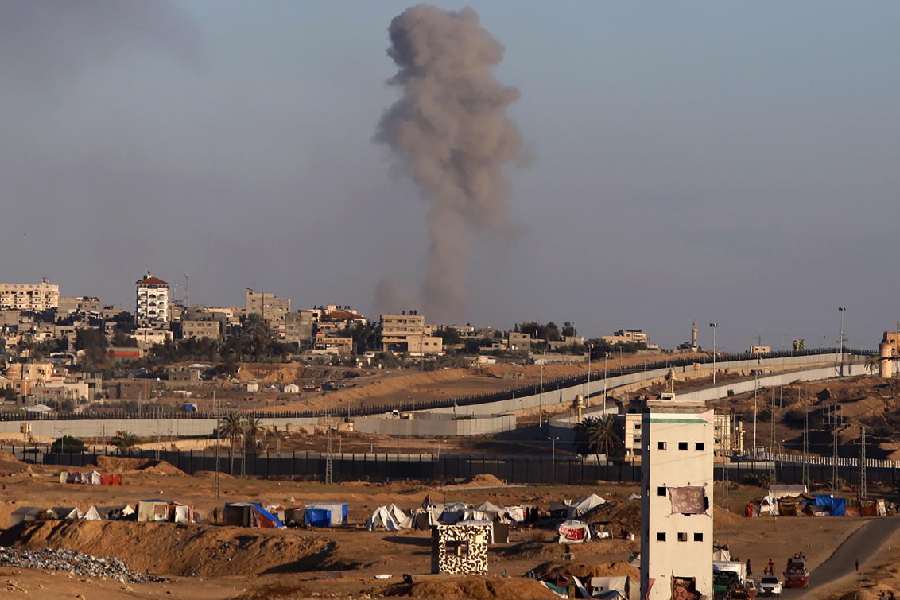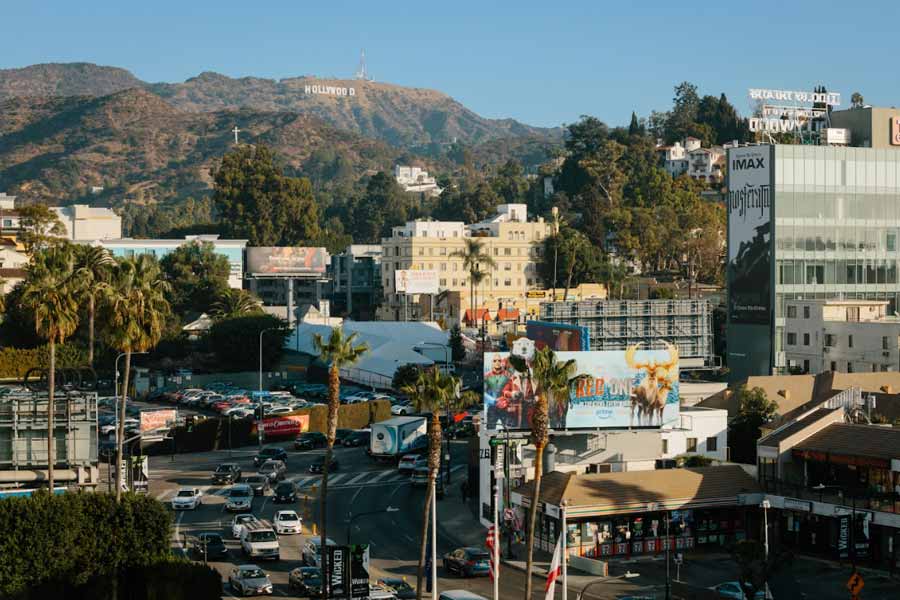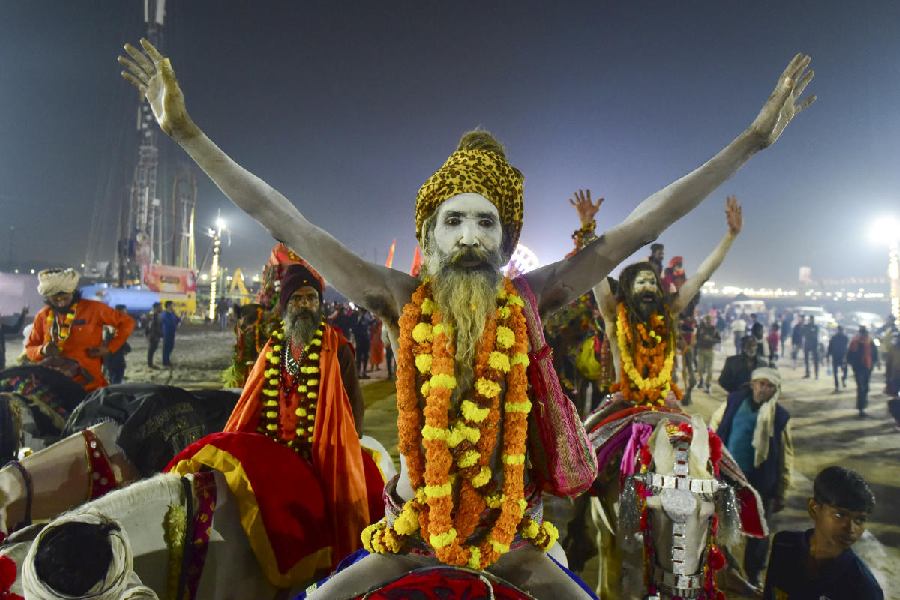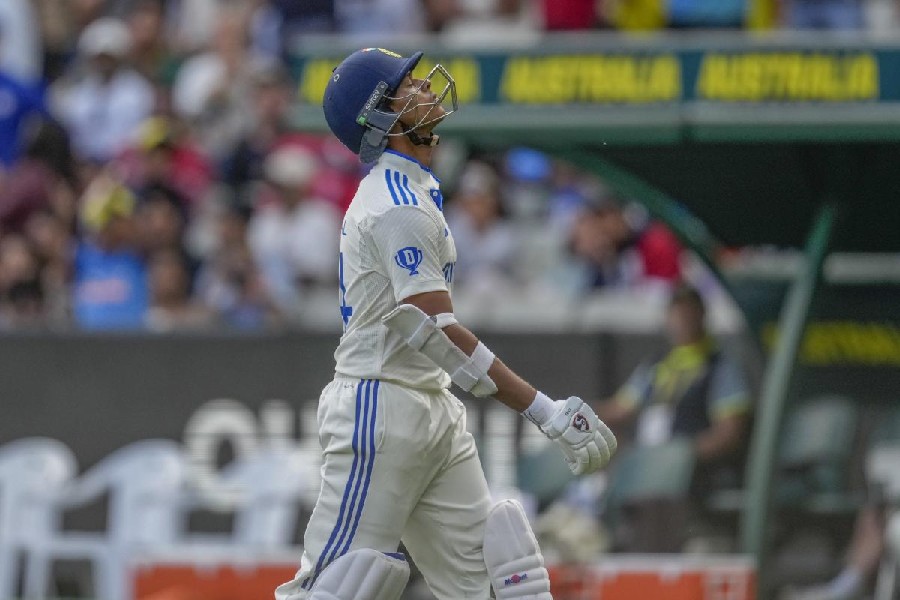Israel ordered new evacuations in Gaza's southern city of Rafah on Saturday, forcing tens of thousands more people to move as it prepares to expand its operation and adding that it is also moving into an area in northern Gaza where Hamas has regrouped.
Israel has now evacuated the eastern third of Rafah, pushing the operation to the edges of the heavily populated central area, although Israel's move into the city has so far been short of the full-scale invasion that it planned.
The order comes in the face of heavy international opposition and criticism. US President Joe Biden has already said he will not provide offensive weapons to Israel for Rafah, and on Friday the US said there was “reasonable” evidence that Israel had breached international law protecting civilians in the way it conducted its war against Hamas — the strongest statement that the Biden administration has yet made on the matter.
The United Nations and other agencies have warned for weeks that an Israeli assault on Rafah, which borders Egypt near the main aid entry points, would cripple humanitarian operations and cause a disastrous surge in civilian casualties.
More than 1.4 million Palestinians — half of Gaza's population — have been sheltering in Rafah, most after fleeing Israel's offensives elsewhere. Considered the last refuge in the strip, the evacuations are forcing people to return north where areas are devastated by previous Israeli attacks. Aid agencies estimate that 110,000 had done so before Saturday's order that adds a further 40,000 to that number.
People have been displaced multiple times and there are few places left in the embattled strip to move to. Those fleeing fighting earlier this week erected new tent camps in the city of Khan Younis — which was half destroyed in an earlier Israeli offensive — and the city of Deir al-Balah, straining infrastructure.
Georgios Petropoulos, an official with the UN Office for Coordination of Humanitarian Affairs in Rafah, said humanitarian workers had no supplies to help them set up in new locations. “We simply have no tents, we have no blankets, no bedding, none of the items that you would expect a population on the move to be able to get from the humanitarian system,” he said.
Israeli troops have captured the Gaza side of the Rafah crossing with Egypt, forcing it to shut down. Rafah was the main point of entry for fuel.
The World Food Program has warned that it will run out of food for distribution in southern Gaza by Saturday, Petropoulos said. Aid groups have said fuel will also be depleted soon, forcing hospitals to shut down critical operations and bringing to a halt trucks delivering aid across south and central Gaza.
Heavy fighting is also underway in northern Gaza, where Hamas appeared to have once again regrouped in an area where Israel has already launched punishing assaults. Israeli Army spokesman Avichay Adraee told Palestinians in Jabaliya and Beit Lahiya cities and the surrounding areas to leave their homes and head to shelters in the west of Gaza City, warning that people were in “a dangerous combat zone” and that Israel was going to strike with “great force.”
Battles erupted this week in the Zeitoun area on the outskirts of Gaza City. Northern Gaza was the first target of the ground offensive. Israel said late last year that it had mostly dismantled Hamas in the area.
The United Nations agency supporting people in Gaza, known as UNRWA, said that some 300,000 people have been affected by evacuation orders in Rafah and Jabaliya, but the numbers could likely be more as these are very built-up areas.
“We're extremely concerned that these evacuation orders have come both towards central Rafah and Jabaliya,” Louise Wateridge, UNRWA spokesperson in Rafah, told The Associated Press.
In Rafah's Shaboura neighbourhood, Palestinians were busy packing their belongings, readying to the flee the area. Palestinians are being sent to what Israel has called humanitarian safe zones along the Muwasi coastal strip in Gaza. But the zone is already packed with some 450,000 people and conditions there are squalid with the garbage-strewn camp lacking basic facilities.
Meanwhile, strikes are continuing across Gaza.
At least 19 people, including eight women and eight children, were killed overnight in central Gaza in strikes that hit the areas of Zawaida, Maghazi and Deir al Balah, according to Al Aqsa Martyrs Hospital in Deir al Balah and an Associated Press journalist who counted the bodies.
Israel's bombardment and ground offensives in Gaza have killed more than 34,800 Palestinians, mostly women and children, according to the Gaza Health Ministry, which does not distinguish between civilians and combatants in its figures.











